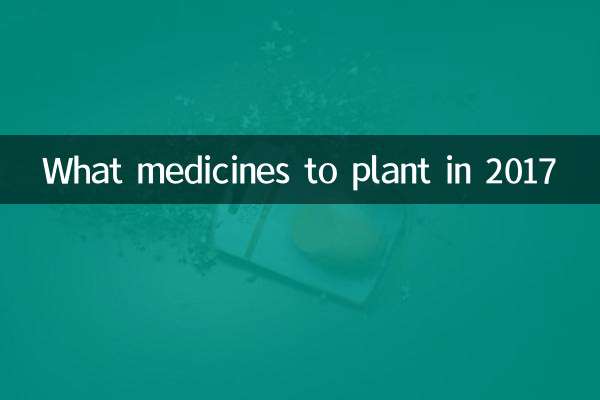What does over-the-counter medicine mean?
In today's fast-paced life, health issues are attracting much attention, and the use of medicines is an important topic in daily life. Recently, the discussion on "over-the-counter drugs" has remained high on the Internet, and many people have questions about its meaning, scope of use and precautions. This article will combine popular topics and hot content in the past 10 days to interpret the concept of "over-the-counter medicine" and its related knowledge in detail in the form of structured data.
Over-the-Counter (OTC) refers to drugs that consumers can purchase directly in pharmacies or supermarkets without requiring a doctor to prescribe. This type of medicine is usually used to treat mild symptoms, such as colds, headaches, indigestion, etc. The safety and effectiveness have been strictly evaluated and are suitable for the public to use.

To better understand over-the-counter medications, we compare them to prescription medications:
| Comparison items | Over-the-counter medicine (OTC) | Prescription medicine |
|---|---|---|
| How to buy | No prescription required, you can buy it directly | A doctor needs a prescription |
| Applicable diseases | Mild, common diseases | Severe or chronic disease |
| Security | Higher, less side effects | Probably have serious side effects and requires professional guidance |
| Users | Ordinary consumers | Need guidance from a doctor or pharmacist |
According to the composition and function of the drug, over-the-counter drugs can be divided into the following categories:
| category | Representative medicine | Main uses |
|---|---|---|
| Cold medicine | Isatis root, cold spirit | Relieve cold symptoms |
| Pain relief medicine | ibuprofen, acetaminophen | Relieve headaches and muscle pain |
| Digestive medicine | Jianweixiaoshi tablets, Montmorillonite powder | Improve indigestion or diarrhea |
| Topical medicine | Band-Aid, erythromycin ointment | Handle minor trauma or skin problems |
Although over-the-counter drugs are safer, the following points should be paid attention to when using them:
1.Reading instructions:Be sure to read the drug instructions carefully before use to understand the usage, dosage and contraindications.
2.Avoid abuse:Although over-the-counter medications are convenient, long-term or overdose may lead to side effects.
3.Use it with caution for special groups:Pregnant women, children, the elderly and other groups should use it under the guidance of a pharmacist.
4.Note drug interactions:If you take other drugs at the same time, you need to consult a doctor or pharmacist to avoid adverse reactions.
According to the entire network data in the past 10 days, the following are the hot discussions related to over-the-counter drugs:
| topic | Popularity index | Main discussion points |
|---|---|---|
| Side effects of ibuprofen | 85% | Will long-term use damage the stomach |
| Safety of traditional Chinese medicine OTC | 78% | Is it suitable for everyone to take |
| Choice of cold medicine for children | 72% | How to avoid overdose |
| The reliability of online shopping for OTC drugs | 65% | How to identify true and fake medicines |
Over-the-counter drugs provide the public with convenient ways to manage health, but rational use is key. Through the structured data and analysis in this article, I hope you can have a clearer understanding of the definition, classification and precautions of over-the-counter drugs. In the future health management, use medicine scientifically to protect the health of oneself and one's family.
If you have other questions about over-the-counter medications, please leave a message in the comment area and we will answer it for you!

check the details

check the details